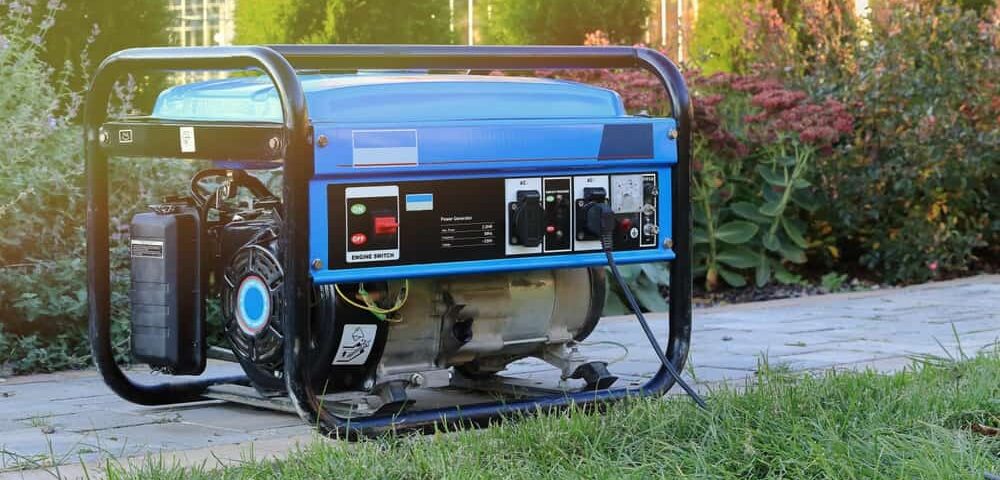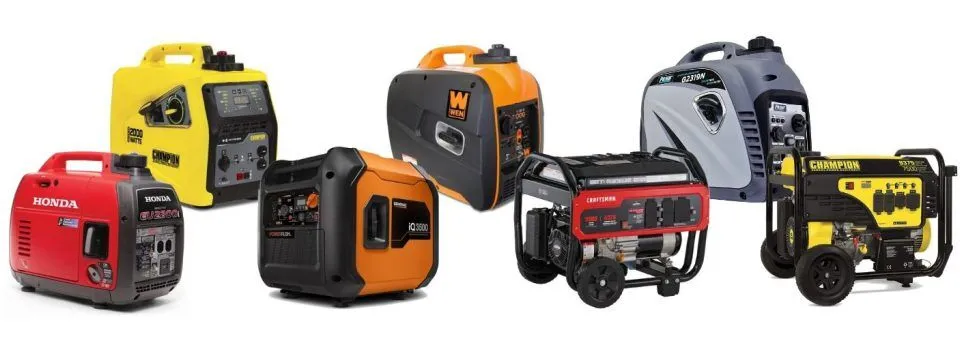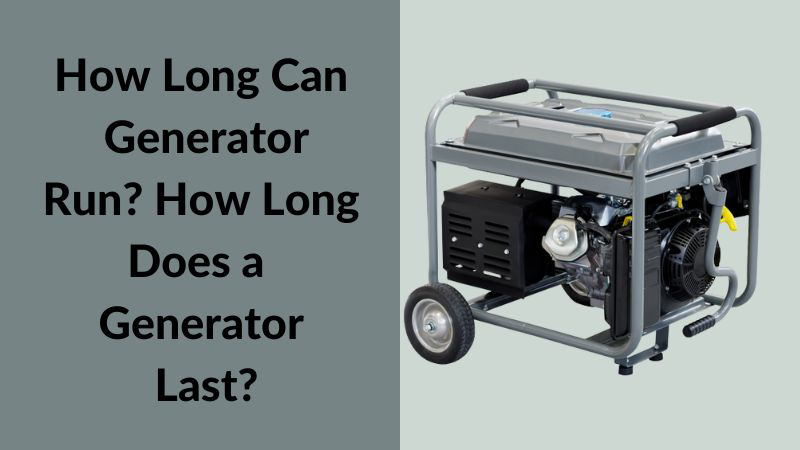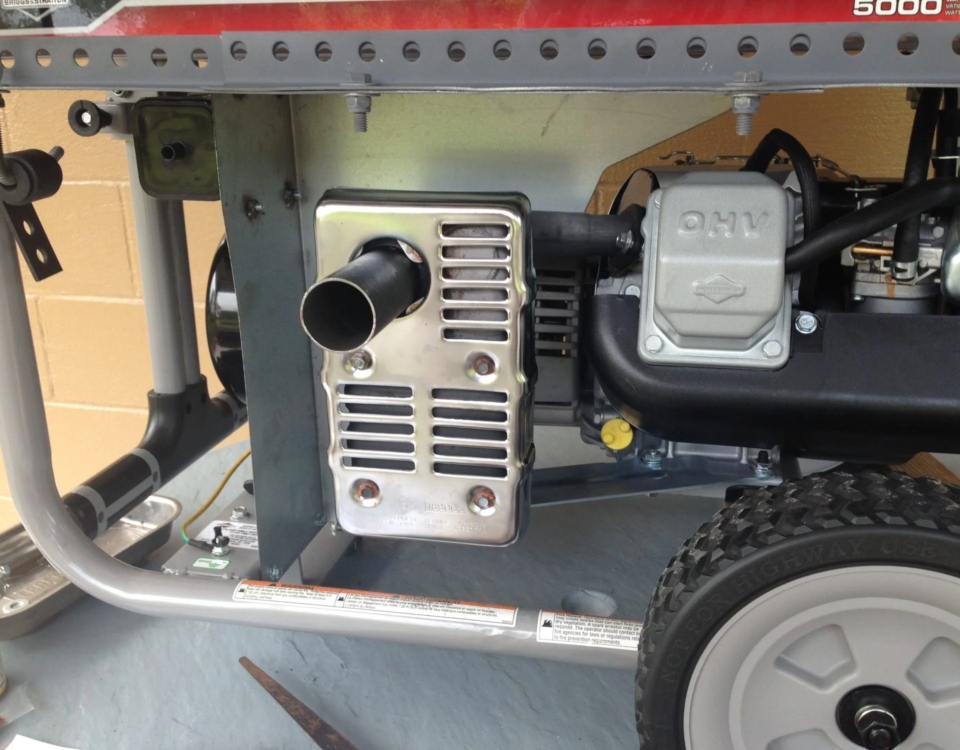
In our quest to understand “How Do Home Generators Work?” the Generator Flow Team offers essential insights. This article delves into the mechanics of home generators, highlighting their role in ensuring uninterrupted power supply during outages.
Understanding Home Generators
Home generators are critical in maintaining electricity when the main power supply fails. They are broadly categorized into two types: standby generators, which provide power to the entire house, and portable generators, which offer targeted power solutions for specific appliances or areas.
How Do Home Generators Work: A Detailed Explanation by the Generator Flow Team
Detecting Power Loss: Standby generators have an automatic transfer switch that senses power outages, initiating the generator’s operation.
Fuel Conversion to Power: Home generators typically operate on gasoline, diesel, propane, or natural gas, converting this fuel into mechanical energy.
Electricity Generation: This mechanical energy is converted into electrical energy, powering essential home appliances and systems during an outage.
Automatic Operation: As highlighted by the Generator Flow Team, a key feature is the generator’s ability to start automatically during an outage and shut off when the main power returns.
Maintenance and Safety Tips
Professional Installation: The Generator Flow Team advises professional installation, especially for standby generators, for safety and efficiency.
Carbon Monoxide Precautions: Always operate generators in well-ventilated outdoor areas to prevent carbon monoxide poisoning.
Regular Maintenance: Routine maintenance ensures your generator’s reliability and efficiency in emergencies.
Conclusion
Understanding “How Do Home Generators Work?” is vital in our power-reliant world. With insights from the Generator Flow Team, homeowners can make informed decisions about their backup power solutions, ensuring readiness for power outages.
Frequently Asked Questions
Home generators typically run on gasoline, diesel, propane, or natural gas. The choice of fuel depends on availability, cost, and the specific design of the generator.
This varies depending on the generator type and fuel capacity. Standby generators can often run as long as there is a steady fuel supply, while portable generators have limited running times based on their fuel tanks.
Yes, generators can be noisy. However, newer models and standby generators are designed to minimize noise. Decibel levels vary among models, so checking this before purchasing is advisable.
The Generator Flow Team recommends regular maintenance, typically once a year or after a certain number of running hours. It includes checking oil and coolant levels, inspecting the battery, and ensuring clean air filters.
Standby generators can power the entire house, but the capacity depends on their size. Portable generators are more suitable for powering critical appliances or specific areas.
Operating a generator in wet conditions can be dangerous due to the risk of electrocution and should be avoided. Use a canopy or cover to protect the generator from moisture if necessary.




